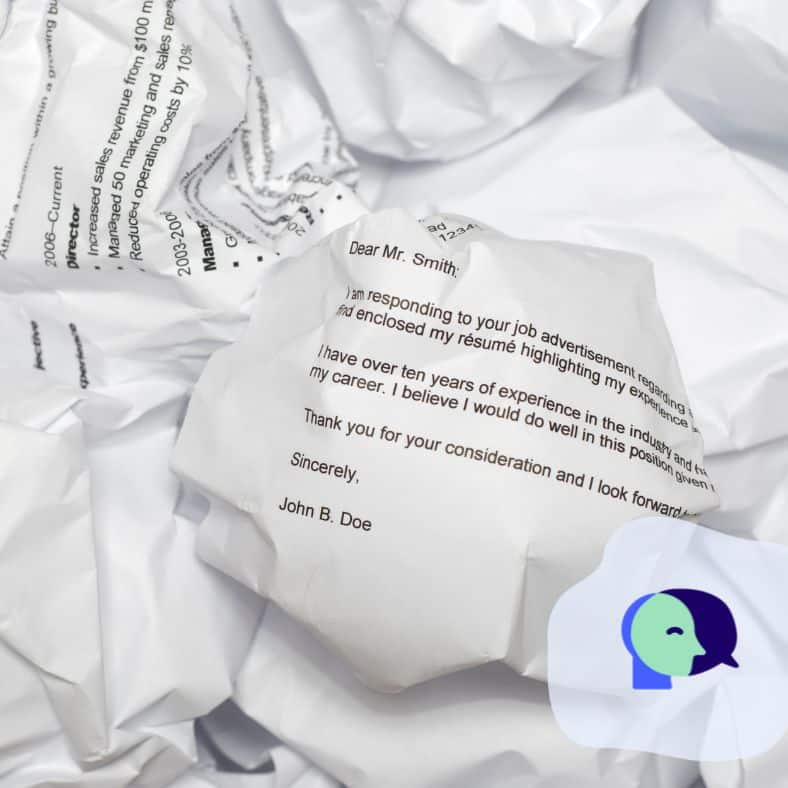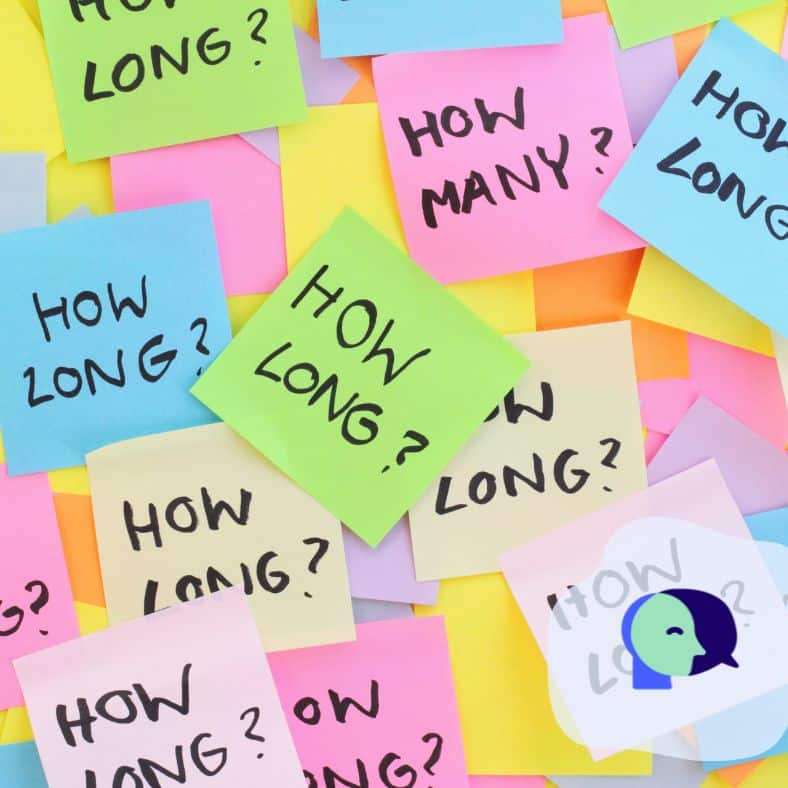How to write a cover letter in Australia
Top Mistakes Made on Cover Letters
So, what is the point of a cover letter?
Key reasons cover letters are of great value
How long should a cover letter be?
Do I have to submit a cover letter if the job advertisement doesn’t ask for one?
So, how do I write the perfect cover letter?
Our 5 Simple Rules to follow to Write the Perfect Cover Letter
Cover letters can be very polarizing. Are they necessary? Is it just something extra for the recruiter or potential employer to read? Are they outdated? I’ve put all my ‘wow’ into my resume or CV, I have nothing left, how do I write one? Surely, I can get away with not including one in my application, after all – the experience is all listed on my resume, right?
I’ll leave the debate of ‘to cover letter or not’ for another day. The points above are valid – and this blog isn’t about whether cover letters are a good idea or not. However, if you are asked to provide one for a job application – you must provide one.
Don’t pretend you didn’t see the button where you needed to attach your cover letter or hope that your application will be enough without one. Most roles do need one these days, and you need to know how to write an effective one!
Having read many many cover letters over the years, I find there are some simple errors people make.
Top mistakes made on cover letters are;

Direct copy and paste from their resume
In this case, their cover letter IS a waste of time and shows that you are lazy and are perhaps not overly interested in the job you are applying for
Too long
I recently read, actually sorry I’ll rephrase that, ‘I recently started to read’ a cover letter which went for FOUR PAGES. Yes, FOUR PAGES. By the end of the first page, I sighed a big sigh and reluctantly proceeded to read the rest
Format
Big blocks of text are not a good idea on a cover letter. It needs to be well formatted, clean design, punchy, and easy to read. Big text blocks can elicit certain negative feelings when reading a cover letter – so best to avoid.
Too many “I”’s
I appreciate that a cover letter is written in first person, and it is indeed all about you, however, starting EVERY sentence with “I” is boring, repetitive and shows little imagination and creativity
I’ll also go on to address some of the main questions I get asked about cover letters.
So, what is the point of a cover letter?

Cover letters exist to enhance the first impression you make on the reader. It is your opportunity to tell your story and sell yourself on a page, to let some of your personality and creativity shine through while remaining professional and succinct.
Your resume is an extremely powerful marketing tool, and your cover letter is a great adjunct to that, it sets the tone and (if written well), will give the reader a high-level insight into what they will find on your resume. It is also your opportunity to personalize your introduction to the organization – elicit some emotion from the reader by seeing their name printed on the cover letter.
It is forward facing as opposed to your resume, which is purely historical. It gives a prospective employer an insight into why you are applying for the role and what the key skills you would bring to the role.
At the end of the day, you want the reader to be intrigued, to want to read your resume, and hopefully, offer you an interview as a result of a highly compelling suite of documents.
Key reasons cover letters are of great value are;

- Can describe your motivation to join the organization and your interest in the particular role you are applying for
- Outlines career objectives and what you are hoping to achieve in the coming years
- A great opportunity to explain any career moves or employment gaps which require clarification – i.e., a very short tenure at your most recent role due to a company wide restructure or 18 months out of the workforce due to paternity leave
- Highlight any highly relevant significant achievements – now is the time to big note yourself!
How long should a cover letter be?

It is a fine balance between selling yourself adequately, while not waffling on beyond one page. A cover letter must, under no circumstances, exceed one page in length.
This is the first point to keep in mind. Secondly, keeping it to roughly 400 words is a good rule of thumb. This allows enough detail to be transcribed, without making it too wordy and ‘block text heavy’. Someone once said to me ‘write lean, not lazy’.
This really stuck with me and has definitely helped me refine my craft over the years. So, if there is one thing you take from this blog – make it be ‘write lean, not lazy’! The individual reading your cover letter, no doubt, has many other cover letters and tasks to complete that day.
So don’t be a drain on their time and energy!
Do I have to submit a cover letter if the job advertisement doesn’t ask for one?

The short answer is no, you don’t. If they don’t explicitly ask for one, it is at your discretion if you want to submit one or not.
However, it is a great way to set yourself apart from the rest of the applicants who didn’t put in that extra effort to write a cover letter.
All things being equal, who do you think would get an interview – candidate A and B have identical experience; however candidate A wrote a compelling cover letter. I would suspect the sole interview would go to candidate A.
You wouldn’t want to be overlooked for an interview out of laziness, when in fact, you may actually be the better candidate. You have everything to gain by including one, but lots to lose if you don’t.
So, how do I write the perfect cover letter?

The number one thing is – keep it simple – structure is really important while keeping it clear and concise. I’d recommend using the following sections;
Header and footer
Include important information such as the name of the individual/company you are applying for, their address and the date of your cover letter. Then also include your name, contact number, and email address.
Introduction/greeting
A high level introduction of your background relevant to the role and refer to the job you are applying for including where you saw the role (i.e., seek) and the exact title of the role. ‘To whom it may concern’ is a BIG no no – its impersonal, shows a lack of research and frankly, paints a very ‘ho-hum’ picture of you as an applicant. I’d move your resume to the back of the pile if I saw that!
This opening paragraph should grab the reader’s attention – highlighting ‘why you should hire me’ and what you can bring to the role and organization.
Avoid too many generic phrases such as ‘team player’ and make it specific to your experience.
Middle section/body
This is where you can highlight relevant key transferrable skills and experience – use dot points and keep the sentences punchy, ideally including some key achievements.
Relate back to examples – i.e. ‘I am results driven’ – you could elaborate on that by linking this comment to a recent outstanding result you achieved. Make sure the example you use is related to the job to which you are applying.
Conclusion
Reiterate your interest in the role and open up the possibility of a meeting to discuss your application in further detail. Don’t 100% close off communication, as your cover letter really is just a starting point in which will be a long and successful professional relationship. Think of it this way, what is left ‘unsaid’ in a cover letter, is a great talking point to take into an interview.
So, in conclusion, are cover letters a great way to provide further insight to your background, achievements, and strengths? YES, providing you follow a few simple rules.
Our five simple rules to follow to write the perfect cover letter:

- Keep it short and sweet (maximum of 1 page, 400 words)
- Make sure it is easy to follow, neat, clean, and streamlined
- Highlight relevant transferrable skills and achievements
- Avoid big blocks of text. Formatting is key and white space is not your enemy!
- Think of a cover letter as a resume companion document – leave the reader wanting more! You want them so keen to finish your amazing cover letter, that they can’t wait to move straight onto reading your resume.
******************************
Written by Emma Moore. Based in Bayside in Melbourne, Emma has spent 15 years in Corporate Talent Acquisition roles in global organizations across Consulting, Professional Services and Telecommunications. Emma has tertiary qualifications in Psychology, Business (Human Resource Management) and Careers Development and Education. Emma has read and provided feedback on thousands of resumes, interviewed hundreds of candidates and made those all important hiring decisions with her stakeholders. Emma is in a unique position to enable you to represent yourself in the best possible way. She knows exactly what prospective employers like to see and hear throughout the application and interview process as a result of being ‘on the other side of the fence’ for so many years.
Want to work with Emma? Contact her today to set up a Resume, LinkedIn or Interview Coaching session.

